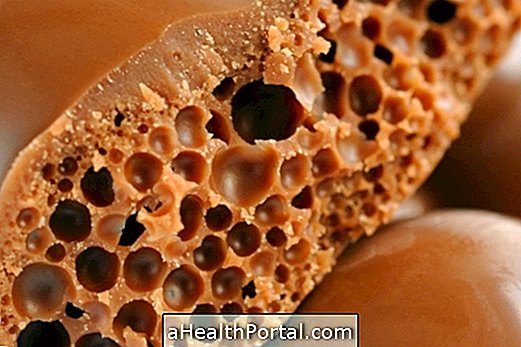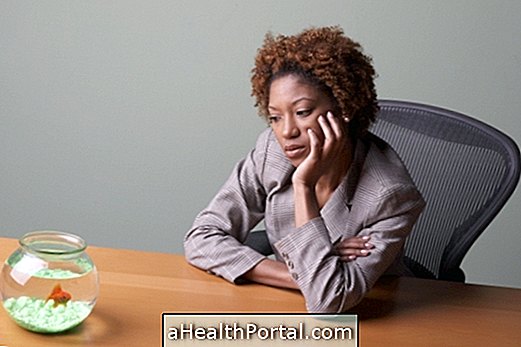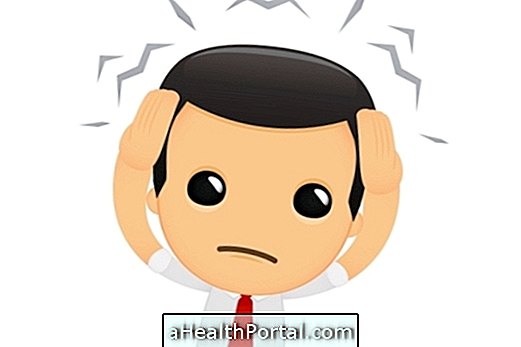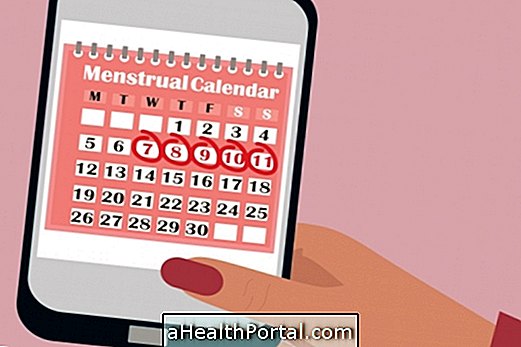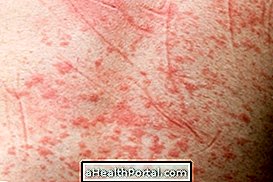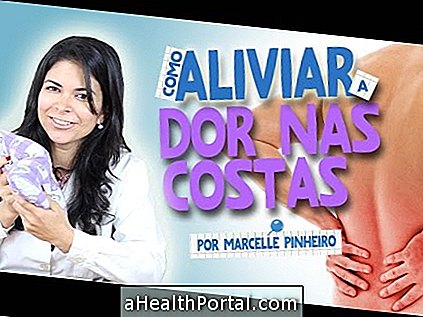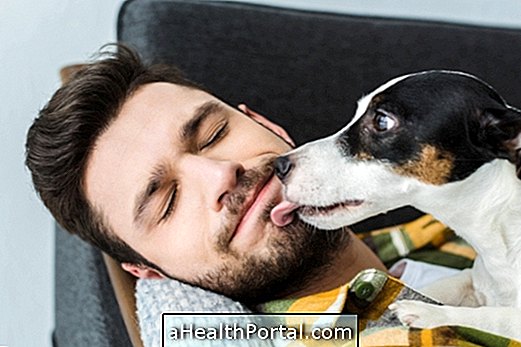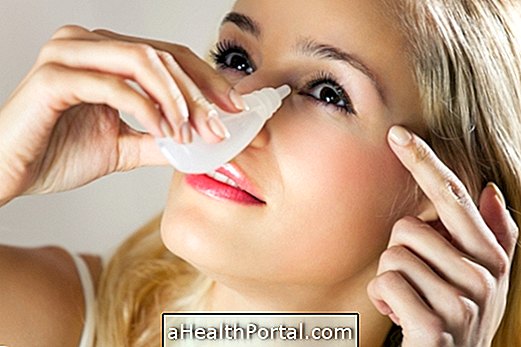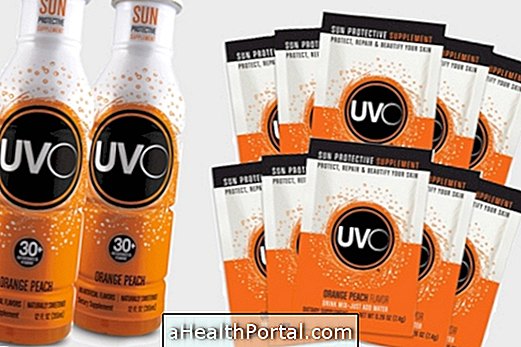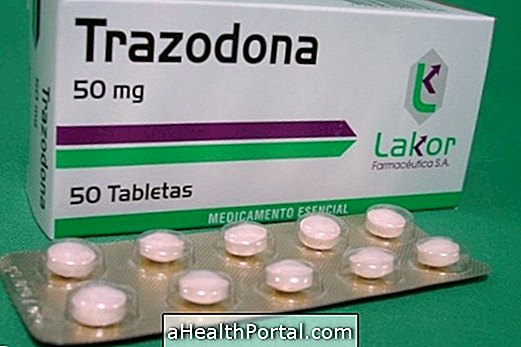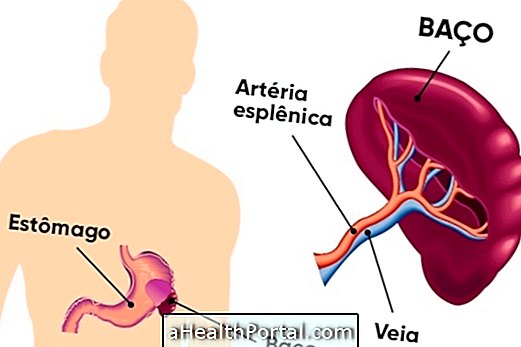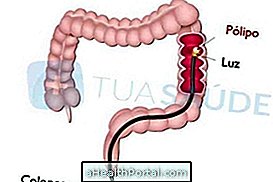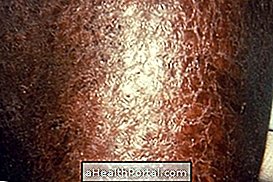The treatment for anxiety is done according to the intensity of the symptoms and the needs of each person, mainly involving psychotherapy and the use of medications, such as antidepressants or anxiolytics, prescribed by the doctor, which act at the cerebral level to reduce the anxiety symptoms.
In addition, it is recommended that the person completes the treatment with natural measures, when performing activities such as physical exercises, meditation, dance, yoga or tai chi, for example, as they are strategies that help reduce stress levels, raise awareness body and feeling of relaxation, and contribute to a healthier life.
Whenever anxiety symptoms are present, such as irritability, unexplained fear, insomnia, or lack of concentration, it is recommended that you consult your doctor to have the cause confirmed and to start treatment, as this disorder can have a number of negative consequences such as increased chances of developing autoimmune, psychiatric or cardiovascular diseases. Learn how to identify if it is anxiety.
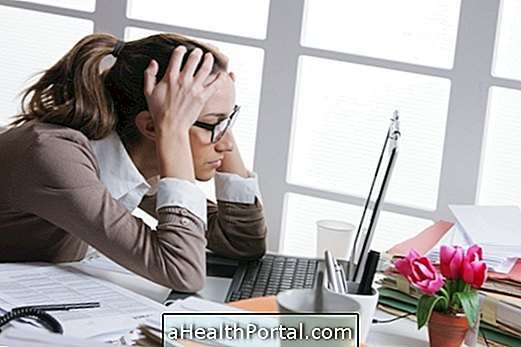
1. Psychotherapy
Psychotherapy and cognitive-behavioral therapy, led by a psychologist, are important ways of treating anxiety. Often, especially in milder or early cases, these strategies alone may be sufficient to control and avoid symptoms without the need for medication.
Psychotherapy interventions are useful because they stimulate the identification and resolution of distorted thoughts, stimulation of self-knowledge, and reduction of emotional conflicts. On the other hand, cognitive-behavioral therapy contributes important activities and exercises to control anxious and compulsive crises.
2. Drug treatment
The most recommended medications for treating anxiety include:
- Antidepressants, such as Sertraline, Escitalopram, Paroxetine, or Venlafaxine, are first-line drugs in the treatment of anxiety because they are effective in controlling symptoms by helping to replenish neurotransmitters that stimulate mood and well-being;
- Anxiolytics, such as Diazepam, Clonazepam, Lorazepam: Although they are very effective medicines to calm down, they should not be used as first choice, since they cause risk of dependence and of side effects like drowsiness and falls;
- Beta blockers, such as Atenolol, Pindolol, Propranolol, are medicines used to control blood pressure and heart rate and, although often used, are not very effective in treating anxiety. However, they can be recommended in punctual episodes as a way to reduce symptoms related to anxiety, such as tremors that disturb some activity.
For the use of these drugs, a strict medical recommendation is necessary, since it is important to monitor the effects, need for dose adjustment and side reactions. Learn more about remedy options for treating anxiety.
3. Natural Treatments
To control anxiety there are many natural alternatives, used to complement the treatment, which can without much importance to reduce the symptoms and decrease the need for medicines.
Some effective options include, physical exercises such as walking, swimming and dancing, yoga, pilates, tai chi, as they provide relaxation and well-being. In addition, it is recommended to invest in leisure activities and hobbies, such as reading, painting, playing an instrument or listening to music, for example, as they help to relieve stress and worry. Learn more about steps to combat anxiety.
In addition, there are some properties of food can help fight the symptoms of anxiety, such as those in banana, passion fruit or orange, for example. Learn more about the nutritional guidelines in the following video:
